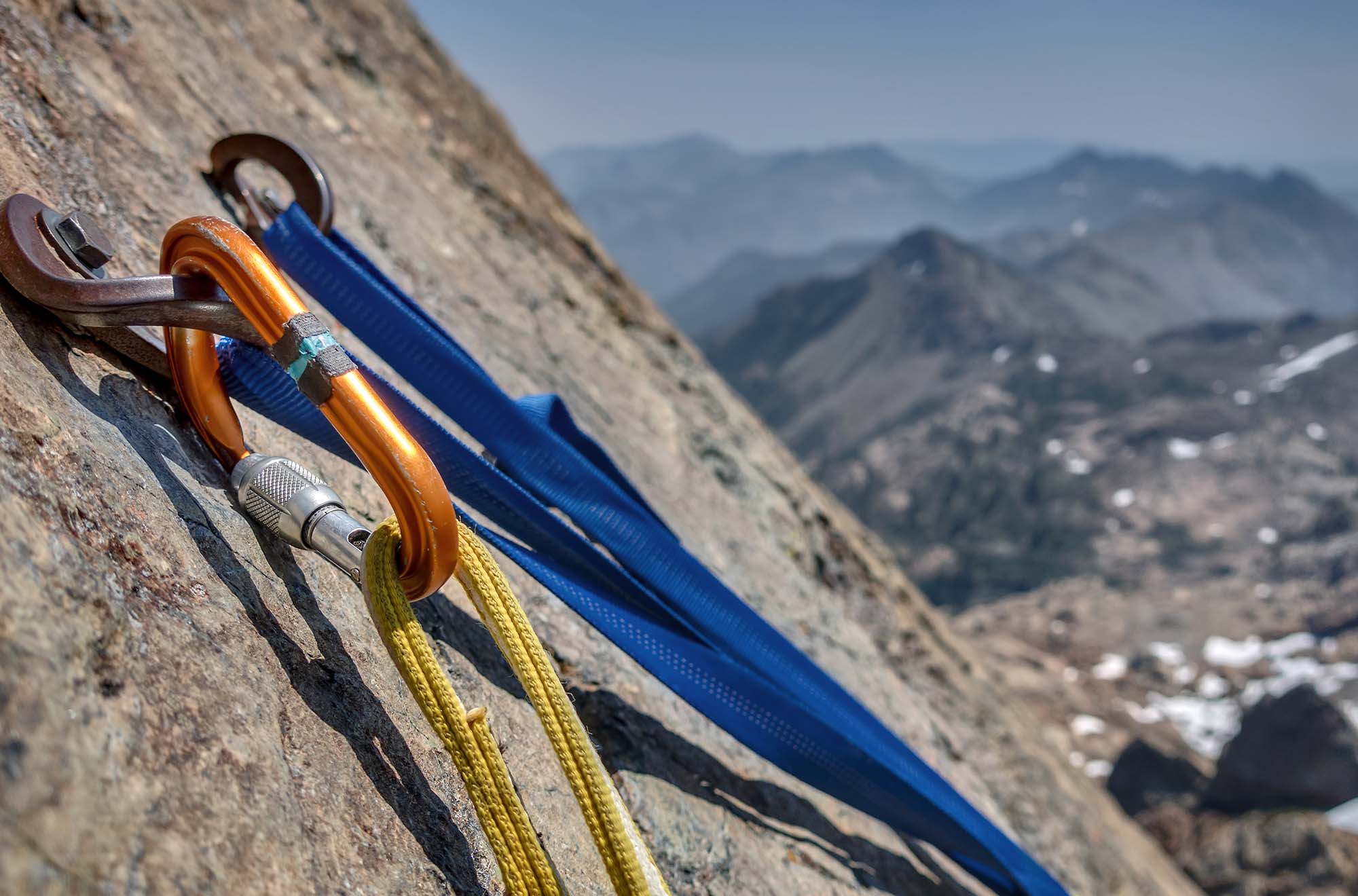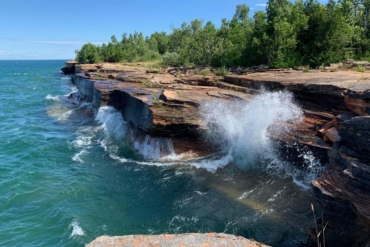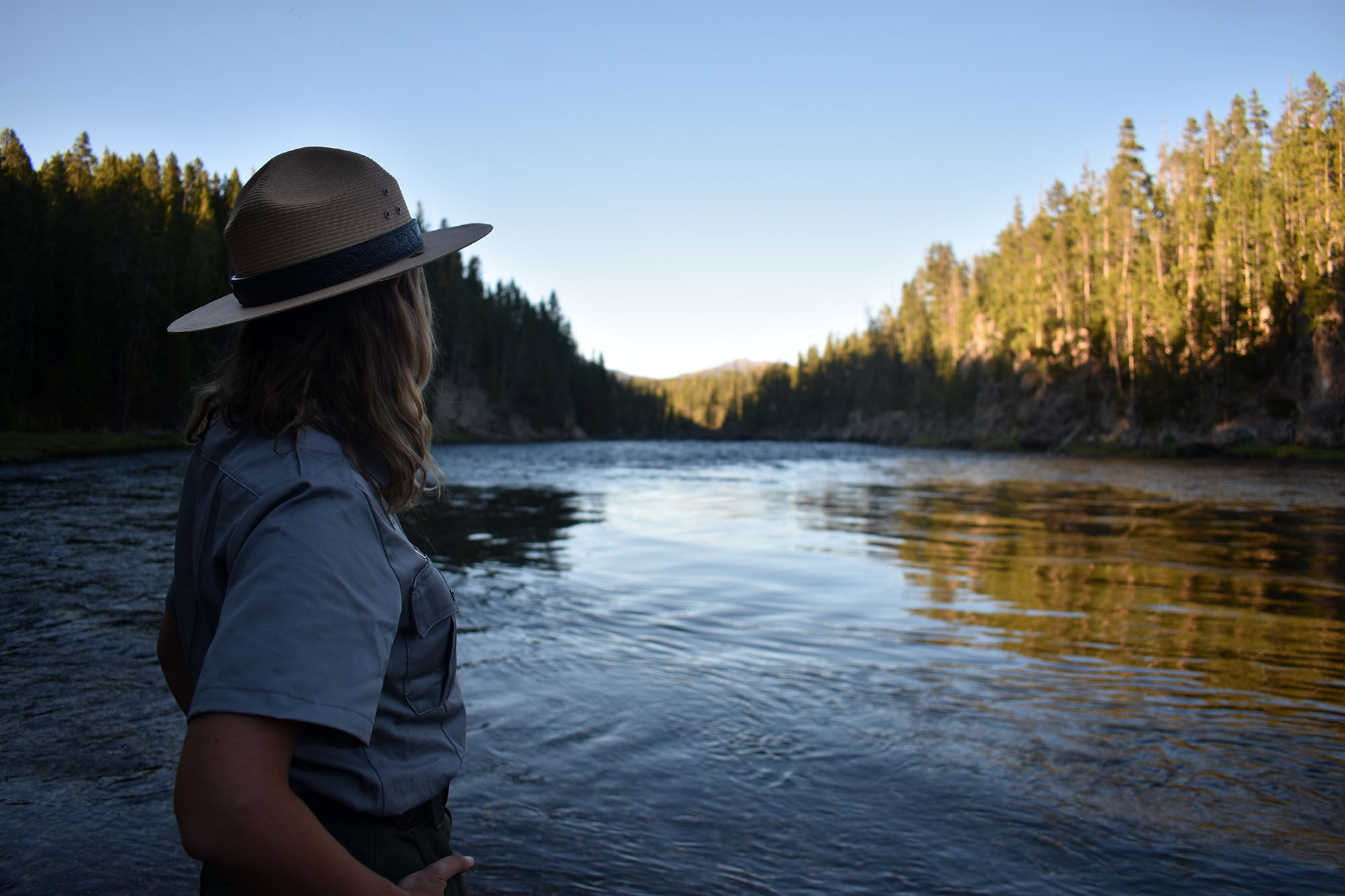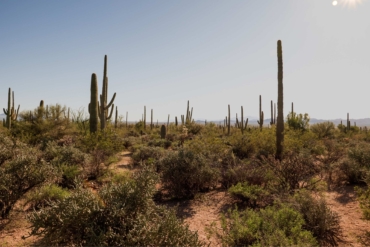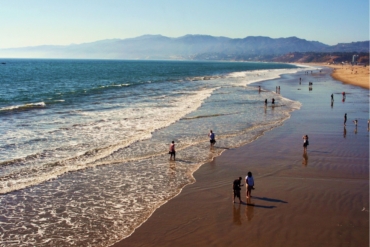If you haven’t made your voice heard yet about a federal plan to prohibit bolted climbing — you just got another chance.
On Tuesday, the National Park Service (NPS) announced an additional 14 days in the public comment period of its controversial new policy to ban bolts and anchors in wilderness areas. The plan was first revealed on Nov. 16, when the NPS and National Forest Service opened the initial 60-day comment period to the public.
At the request of “various stakeholders,” parks officials extended the period to Jan. 30, according to a news release. That allows a total of 74 days, giving “interested parties more time to consider the proposed guidance,” the NPS wrote.
In short, the new policy would make bolts and anchors (those little metal things climbers drill into the wall to protect themselves) subject to federal regulation in parks and wilderness areas. It would make all bolted climbing routes undergo a federal approval process, just like fences or other manmade constructions.
Climber Sasha DiGiulian testified against the policy in a Nov. 30 hearing of a Congressional committee.
“As a climber, it’s incredibly pressing,” DiGiulian told GearJunkie at the time. “The iconic climbs of our history, that have existed for 60 years, are now facing uncertainty. It’s a huge threat.”
The Access Fund, which advocates on behalf of climbers, immediately welcomed Tuesday’s decision as a chance to deepen opposition against the policy. If implemented, iconic routes in national parks like Yosemite would become technically illegal for climbers, the group said.
“It’s more important than ever for climbers to share their personal stories of how these bolt prohibitions would impact beloved climbing areas and jeopardize climber safety,” said Erik Murdock, the Access Fund’s interim executive director. “America’s climbing legacy and future is at stake.”
Both the National Park Service and the National Forest Service have portals for comments, and it’s possible to leave a comment on both platforms.
- Comment on the National Park Service proposal.
- Comment on the National Forest Service proposal.
Alternatively, you can check out The Access Fund’s “Stop the Bolt Prohibition” page, which offers the same links, as well as suggestions on what the organization thinks climbers should say.
No Climbing Allowed: Federal Proposal May Restrict Access Nationwide, Advocacy Groups Warn
November 21, 2023 — Climbers have about 2 months to voice their opinion on a federal proposal that could reshape American rock climbing.
Last week, the U.S. National Park Service and the U.S. Forest Service unveiled a policy that would designate climbing bolts and anchors as “permanent installations,” which are banned under the 1964 Wilderness Act. That caused immediate concern among climbing groups, who said the change could threaten climbing routes across the country, from El Capitan in Yosemite National Park to Longs Peak in Rocky Mountain National Park.
Under the proposal, any route with fixed anchors (usually bolts drilled into the rock) would have to undergo the same federal approval process as garbage dumps or fence lines, said Erik Murdock, interim executive director of the Access Fund. That equipment has been allowed for 60 years.
“It would be a paradigm shift,” Murdock told GearJunkie on Tuesday. “People would still be able to climb, but climbers would have to fight to protect the areas forever. It would mean that any future superintendent could remove all the climbing routes with the stroke of a pen.”
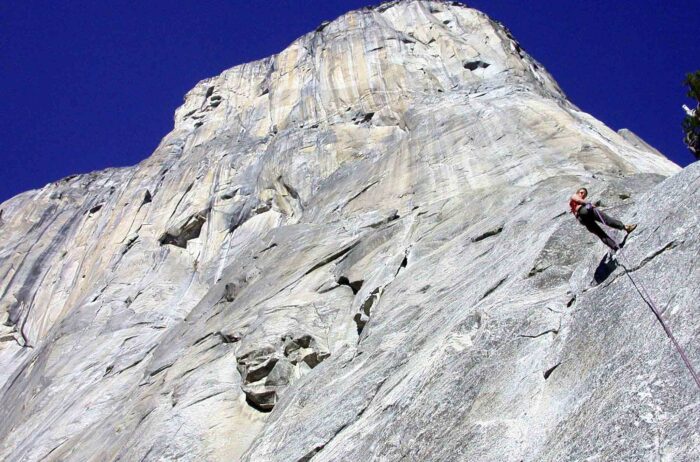
Many outdoor recreation groups issued statements opposing the federal proposal, including the American Alpine Club, the American Mountain Guides Association, the Outdoor Industry Association, USA Climbing, Outdoor Alliance, and others.
UPDATE: In a statement shared with GearJunkie, a National Park Service spokesperson said that the proposed changes would “help park managers create consistency in managing climbing activities in wilderness areas consistent with the Wilderness Act, and give climbers a clear and more predictable process for installing new or replacing existing fixed anchors in wilderness.”
“I also want to note that under the proposed guidance, existing fixed anchors may continue to be used,” the spokesperson said.
Rule Could Impact More Than Just Climbers
It’s not all bad news.
The federal proposal does acknowledge that climbing is permitted as “an appropriate use” of national lands. However, the policy also says that park officials can subject all fixed anchors to a federal review. That will determine if the gear is “the minimum necessary to facilitate primitive or unconfined recreation or otherwise preserve wilderness character.”
“They’re going to do a federal review for every fixed anchor in the wilderness now? That’s a big deal,” said Bryon Harvison, the director of policy and government affairs for the American Alpine Club. “It’s a massive undertaking, and these agencies are already saying that they’re underfunded and undermanned.”
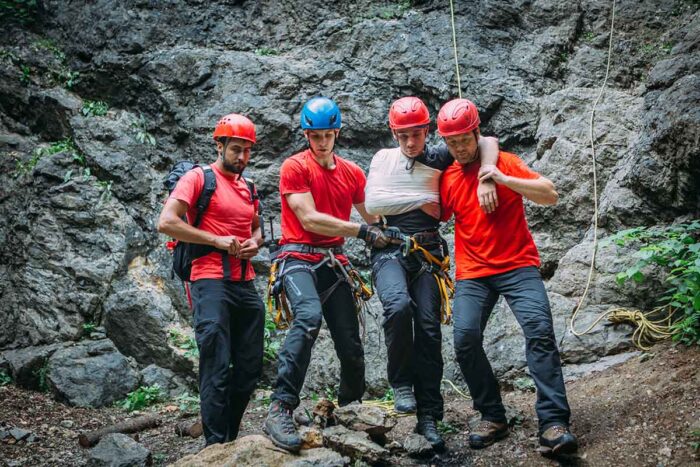
But it’s also worth pointing out that the fixed anchors in many climbing areas aren’t just for climbers, said Jason D. Martin, the executive director of the American Alpine Institute. They’re also used by search-and-rescue groups during rescue operations or by canyoneers.
“It’s a definite concern that we have,” Martin said. “They’re upset about this stuff when it’s a very limited impact. It has very little impact on animal life or vegetation. A trail is a much bigger impact than a bolt.”
This new fight over climbing access comes just before rock climbing groups are advocating in Congress for the Protecting America’s Rock Climbing Act and the America’s Outdoor Recreation Act. In June, the first bill received unanimous approval from a House committee.
“Even Congress voted in support of protecting America’s rock climbing,” Murdock said. “This federal policy goes against the last 60 years of climbing management in the wilderness.”
A 60-day comment period for the federal proposal began on Friday. Visit the U.S. Forest Service website to leave a comment.
